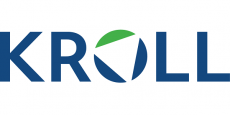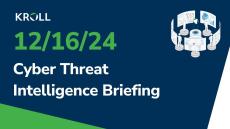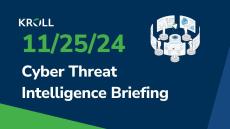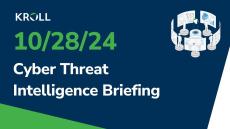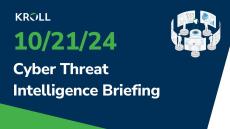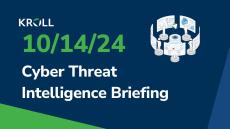- December 2024 (4)
- November 2024 (11)
- October 2024 (10)
- September 2024 (7)
- August 2024 (12)
- July 2024 (10)
- June 2024 (15)
- May 2024 (11)
- April 2024 (16)
- March 2024 (13)
- February 2024 (6)
- January 2024 (12)
- December 2023 (2)
- November 2023 (8)
- October 2023 (5)
- September 2023 (1)
- August 2023 (4)
- July 2023 (3)
- June 2023 (5)
- May 2023 (4)
- April 2023 (3)
- March 2023 (5)
- February 2023 (6)
- January 2023 (4)
- December 2022 (4)
- November 2022 (7)
- October 2022 (3)
- September 2022 (5)
- August 2022 (5)
- July 2022 (4)
- June 2022 (6)
- May 2022 (5)
- April 2022 (2)
- March 2022 (3)
- February 2022 (4)
- January 2022 (4)
- December 2021 (6)
- November 2021 (3)
- October 2021 (5)
- September 2021 (10)
- August 2021 (4)
- July 2021 (5)
- June 2021 (7)
- May 2021 (4)
- April 2021 (10)
- March 2021 (11)
- February 2021 (8)
- January 2021 (2)
Kroll is the world’s premier provider of services and digital products related to governance, risk and transparency. We work with clients across diverse sectors in the areas of valuation, expert services, investigations, cyber security, corporate finance, restructuring, legal and business solutions, data analytics and regulatory compliance. Our firm has nearly 5,000 professionals in 30 countries and territories around the world.
Kroll experts provide rapid response to more than 2,000 cyber incidents of all types annually. We help countless more clients with eDiscovery and litigation support (including expert witness services); managed detection and response services for both active threats and as an integral part of network security; notification solutions, including multilingual call center support; and proactive services, including general and threat-focused risk assessments, response planning, tabletop exercises and more.
Our experts are able to deliver best-in-class endpoint security through our managed detection and response solution, Kroll Responder. Responder handles every step, with 24x7 managed detection and response services fueled by threat hunting and superior incident response.


